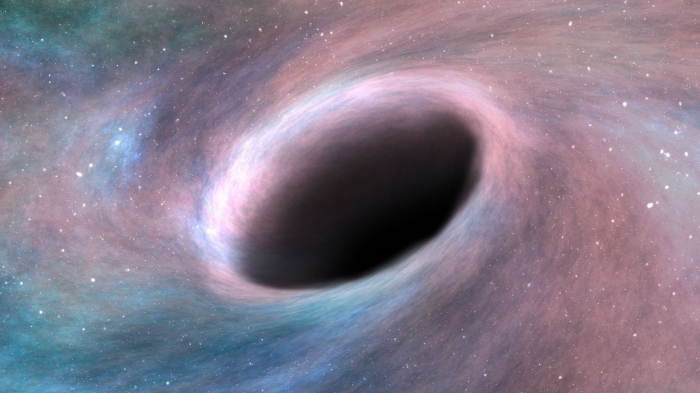A black hole hidden on the edge of our solar system could explain the evidence for an undiscovered ninth planet, according to new research.
For more than a century some astronomers have suggested that the weird gravitational forces observed acting on distant bodies in the solar system were being caused by another planet.
But despite what a team of astronomers from the US and UK calls the "growing body of observational anomalies" connected to distant objects in our solar system, Planet Nine has not been directly detected.
According to the new research, this could be because Planet Nine is actually a primordial black hole, a hypothetical type of black hole which would have been formed at the very beginning of the universe.
The gravitational effects of this black hole could explain why objects beyond Neptune have strange orbits, and also why Planet Nine has not been directly observed.
"Perhaps the most natural explanation [for the gravitational anomalies] is that they are caused by the existence of an unknown population of planets," the researchers write.
However this "would imply that our models for planet formation may need to be updated to account for this new population of free floating planets".
More about: black-hole
















































